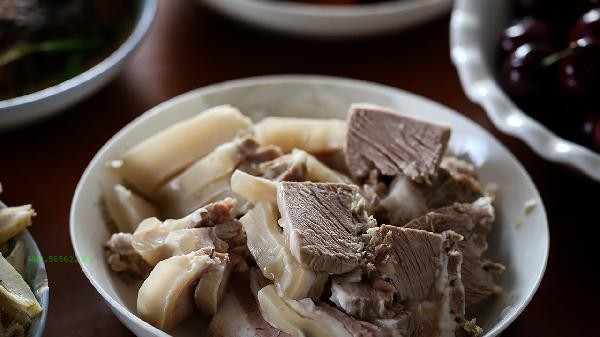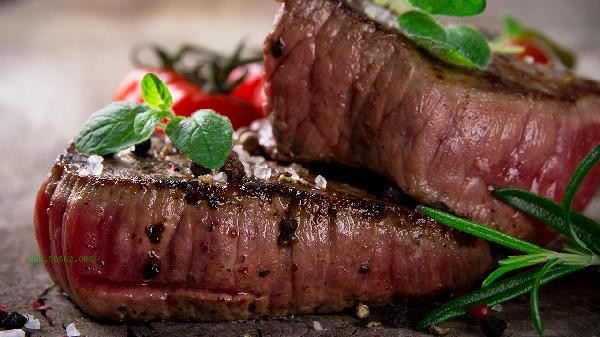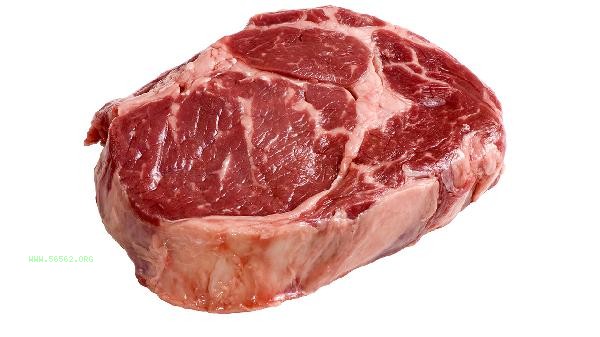Menopausal women can generally eat beef in moderation, which helps to supplement high-quality protein and iron elements. Beef is rich in heme iron and high-quality protein, which can help alleviate common anemia and muscle loss during menopause. The zinc element in beef can regulate endocrine function, and the vitamin B group helps maintain nervous system stability. It is recommended to choose areas with lower fat content, such as beef tenderloin, and control the weekly intake within 300 grams to avoid excessive intake of saturated fat. When cooking, try to use methods such as stewing and steaming to reduce high-temperature frying. Some menopausal women may experience weakened gastrointestinal function or elevated uric acid levels, and excessive consumption of beef may increase digestive burden or trigger gout. Patients with combined hypertension and hyperlipidemia should strictly control the intake of high-fat parts such as beef fat and beef brisket. Beef should not be consumed with strong tea to avoid affecting iron absorption.

Menopausal diet should pay attention to balanced nutrition, and it is recommended to pair it with dark vegetables, soy products, and other foods. Maintaining regular exercise such as brisk walking and yoga can help alleviate symptoms such as hot flashes and insomnia. If obvious osteoporosis or metabolic abnormalities occur, timely medical evaluation should be sought, and if necessary, calcium supplements or hormone therapy should be supplemented under the guidance of a doctor.






Comments (0)
Leave a Comment
No comments yet
Be the first to share your thoughts!